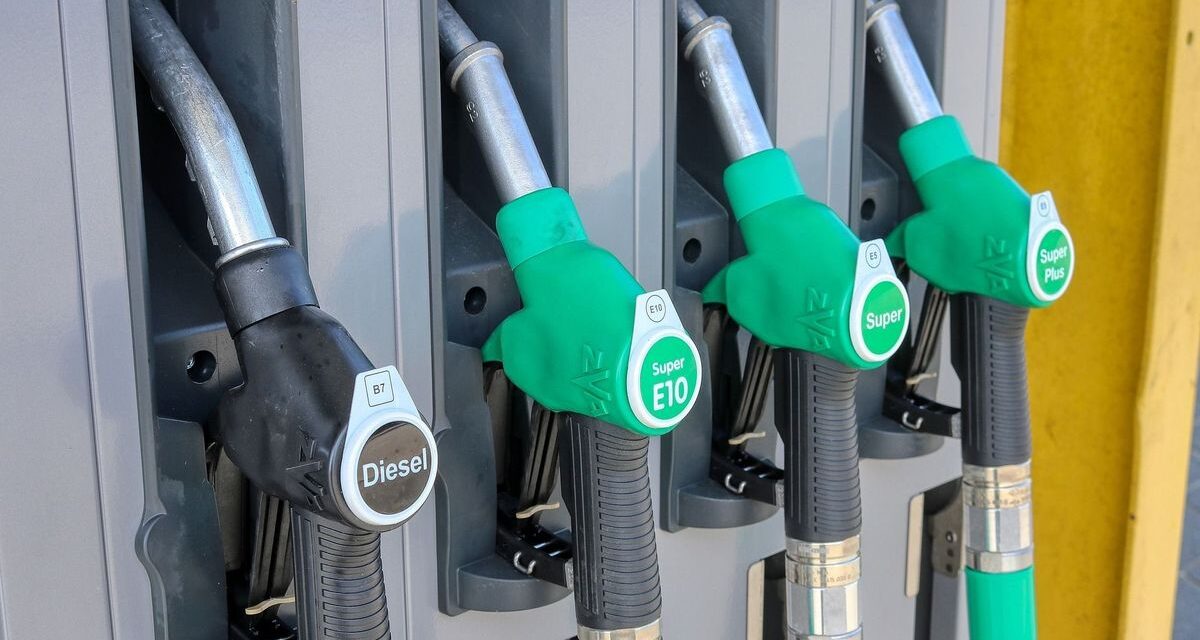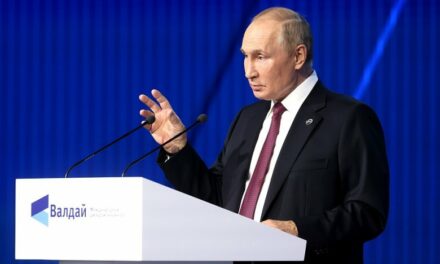The market players have one more week to voluntarily lower the prices, otherwise the cabinet will intervene in the tariffs again.
Mol has already reduced the price of fuel twice this week, as well as several retailers, so we are within arm's reach of the regional average prices.
According to the gas station attendants, the price of fuel used to fluctuate as much in this country as it has recently. Currently, conventional gasoline can be purchased for HUF 631 per liter, while diesel for HUF 618 per liter.
For this, Mol reduced the price of 95 gasoline and diesel by HUF 10 from Monday, and HUF 3 from Wednesday, as well as other fuel distributors. This means that we are within arm's reach of the regional average fuel prices.
In other words, if the price reduction continues next week, the government's expectations will be met and domestic fuel tariffs in the region will return to the middle range.
The government welcomes the fact that the fuel dealers understood and accepted the government's intentions and voluntarily reduced their prices, Minister of National Economy Márton Nagy explained in a video uploaded to the government's social media page.
Analysts emphasize that the traders acted voluntarily. This is important because the minister has confirmed several times in recent weeks that if domestic prices do not return to the regional average, the government will intervene in the development of prices.
Márton Nagy did not rule out the possibility of another price cap either, but at the same time, after last week's government meeting, he set a two-week grace period for market players to bring prices down on their own.
One of the two-week moratorium has already passed.
"Further steps are necessary because the war prices must be broken, as we promised, the government will re-examine the fuel price situation at next week's meeting to see if the prices have met expectations. In addition, the government is considering the proposal of the fuel distributors that the reference value should be the average fuel price of the neighboring countries, not the regional one," emphasized Minister of National Economy Márton Nagy.
This may be important because there is no such glaring difference between fuel prices in neighboring countries and domestic ones as compared to regional average prices. According to the expert speaking on M1, the recent jump in Hungarian prices was probably caused by the increase in product prices or retail and wholesale margins.
"The exact amount of these cannot be said, it can only be estimated. So there are only analyzes that try to find out which of the 3 was the one most responsible for this difference," explained Olivér Hortay, head of Századvég's energy and climate policy department.
What is certain is that it is important to keep the increase in fuel prices under control because it can significantly influence inflation and increase prices, whether it is food products or any service.
According to analysts, with the fact that Eurowag, a new player after Orlen, can also create a network of fuel wells in Hungary, it is expected that the competition between dealers will increase, which in itself can drive down prices.
Cover image: Government gives traders two weeks to reduce fuel prices
Source: Pixabay.com












